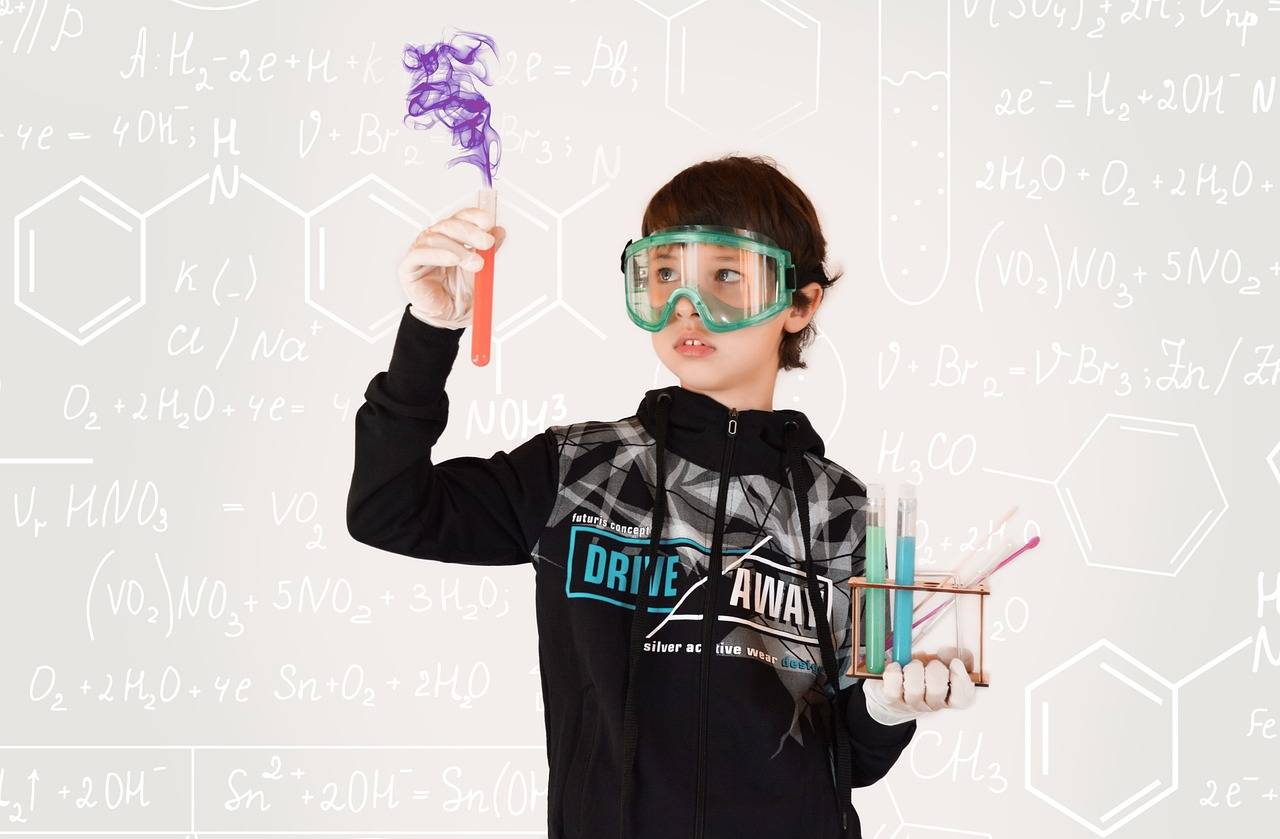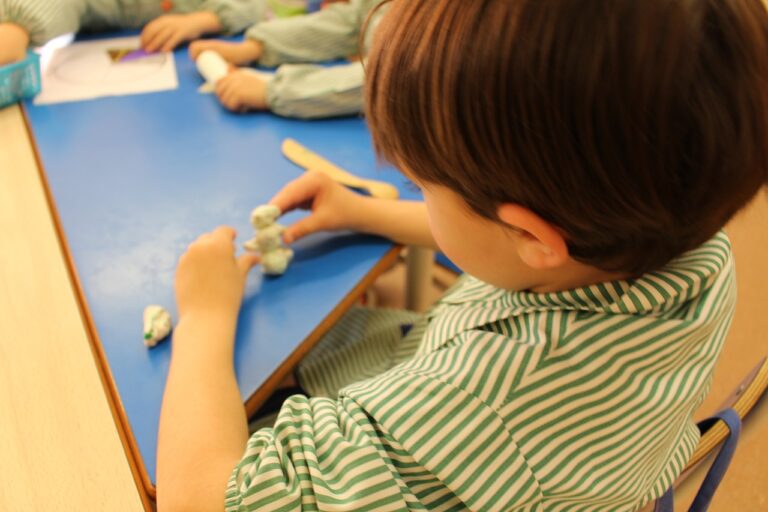The Importance of Arts Education in Modern Curricula
Arts education holds a critical place in today’s education system, offering a platform for students to explore and express themselves creatively. By incorporating arts into the curriculum, students are encouraged to think outside the box and develop innovative solutions to complex problems. This type of learning fosters a well-rounded education that goes beyond traditional subjects and equips students with the essential skills needed in the modern world.
In addition, arts education promotes cultural awareness and sensitivity, allowing students to appreciate and respect different artistic forms from various cultures and time periods. By exposing students to a diverse range of artistic expressions, schools cultivate a sense of inclusivity and open-mindedness among the student body. With the integration of arts education, schools can better prepare students to become not only academically successful but also well-rounded individuals capable of thriving in today’s diverse society.
The Role of Arts Education in Developing Creativity
Creativity plays a crucial role in problem-solving, innovation, and personal expression. Arts education provides students with the opportunity to explore their creativity through various mediums such as visual arts, music, dance, and drama. By engaging in artistic activities, students learn to think outside the box, experiment with new ideas, and express themselves in unique ways. This process of creative exploration not only nurtures individuality but also helps students develop critical thinking skills and adaptability.
Through arts education, students are encouraged to take risks, make mistakes, and learn from their experiences. This form of experiential learning fosters a growth mindset, where students are not afraid to try new things and push the boundaries of their creativity. By actively engaging in the arts, students learn to embrace uncertainty, think critically about different perspectives, and approach challenges with an open mind. Ultimately, arts education empowers students to become innovative thinkers who are not afraid to experiment, collaborate, and think creatively in various aspects of their lives.
Why is arts education important in today’s education system?
Arts education helps students develop creativity, critical thinking, problem-solving skills, and emotional intelligence. It also fosters self-expression and encourages students to think outside the box.
How does arts education contribute to the development of creativity?
Arts education exposes students to different forms of art, allowing them to explore their imagination and creativity. It encourages them to experiment, take risks, and think creatively to come up with unique and innovative ideas.
Can arts education benefit students in other areas of their academic and personal lives?
Yes, arts education can benefit students in various ways. It can improve their academic performance, boost their self-confidence, and enhance their communication and collaboration skills. Additionally, it can help students develop a deeper appreciation for the arts and cultural diversity.
Is arts education only for students who are interested in pursuing a career in the arts?
No, arts education is beneficial for all students, regardless of whether they plan to pursue a career in the arts. The skills and qualities that students develop through arts education can be applied to various fields and professions, making it a valuable part of a well-rounded education.





